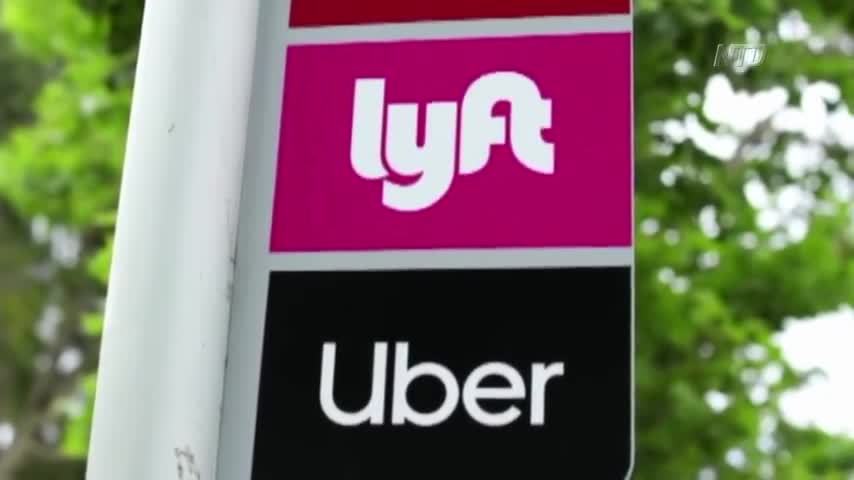Lyft and Uber warned the city of Minneapolis that they will cease their business in the city after a minimum wage bill for ride-sharing drivers was adopted on Thursday.
The ordinance—which includes other rideshare worker protections besides setting a minimum wage—was approved by the Minneapolis City Council in a 7-5 vote on Thursday. Mayor Jacob Frey has until next Aug. 23 to veto the bill from becoming law.
“If this bill were to pass, we would unfortunately have no choice but to greatly reduce service, and possibly shut down operations entirely,” Uber wrote in an email to its drivers on Monday, asking them to contact the Mayor and City Council ahead of the vote to oppose the bill.
According to Uber, 700 drivers took to the initiative.
The company also objected to certain new driver protections in the ordinance, saying they could “greatly limit” its ability to remove unsafe drivers from the platform.
A day later, Lyft informed the City Council that “should this proposal become law, Lyft will be forced to cease operations in the City of Minneapolis on its effective date of January 1, 2024.”
In a Thursday statement to CNN after the vote, Lyft explained that the bill would end up being detrimental to drivers, as “prices could double and only the most wealthy could still afford a ride.”
The proposed ordinance requires ride-share services to pay drivers a minimum of $1.40 per mile and $0.51 per minute within Minneapolis.
The company claimed that the bill had been “jammed through the Council” and urged the mayor to as yet veto the bill.
Mayor Frey, who voiced support for increasing driver pay in the past, shared his concern with the City Council in a Wednesday email: “This ordinance stands to significantly impact our city in terms of worker protections, public safety, disability rights, and transportation mode shift goals.”
After consulting with a broad group of stakeholders, the mayor had decided that “more time for deliberation” was in order.
Other Cities
It is not the first time “gig economy” companies have threatened to leave over local regulatory attempts.
In 2016, Lyft and Uber threatened to leave Chicago after the city required drivers to obtain an additional chauffeur’s license.
The same year, they both suspended their operations in Austin after the city decided upon mandatory fingerprint background checks for drivers. After Texas Gov. Greg Abbott created a statewide regulatory framework for ride-share companies in 2017, the two companies promptly returned to Austin, and several other Texas cities they had left.
Not every legislation has been in the interest of the drivers. California’s controversial Proposition 22 from 2020—bankrolled by major gig economy companies to the tune of $200 million—allowed the industry to treat drivers as independent contractors rather than as employees, thus forgoing drivers’ unemployment insurance, family leave, sick leave, and their right to unionize.


